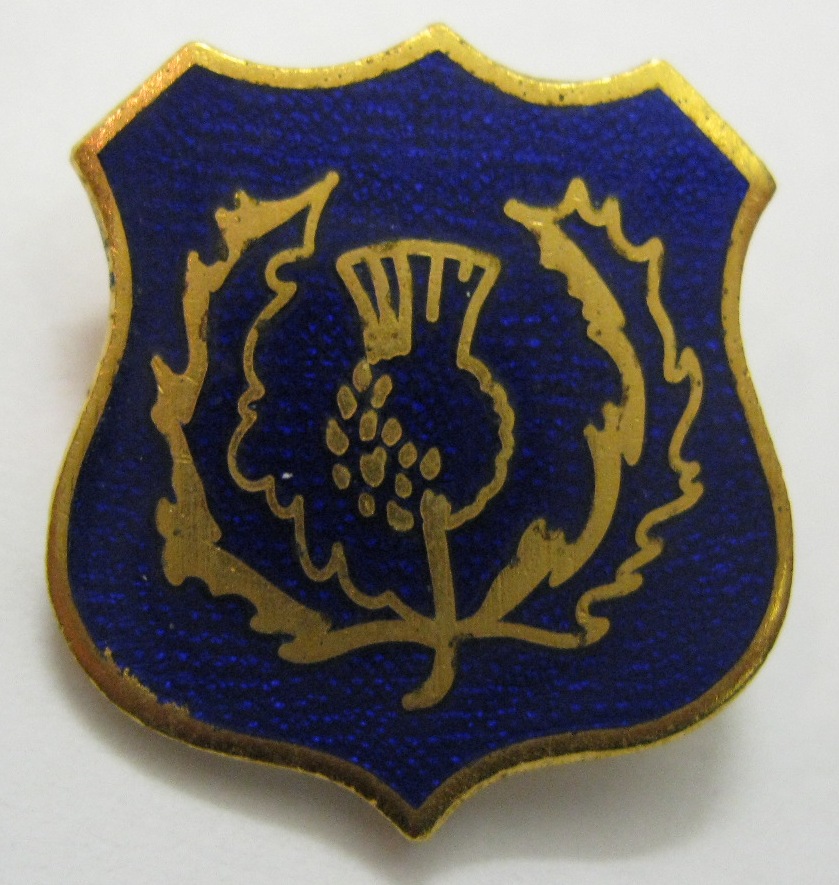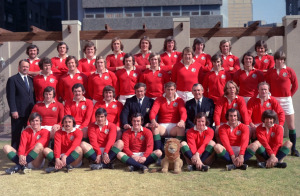
06 August 2025


I was recently looking through a collection of miscellaneous photographs in the World Rugby Museum when I came across on from the 1950s showing the rugby team of Gordonstoun School. Glancing at the back of the photograph, my attention was drawn to a young lad in the front row of the picture, by the name of R N (Roy) Williamson. I do not think that Roy Williamson ever furthered his rugby playing career after school. Certainly, I have been unable to find any reference to his playing the game*. Instead, he is more famous as one of the Corries, a Scottish folk group popular in the 1960s.
 Gordonstoun School, 1954 with Roy Williamson,
sat third from right
Gordonstoun School, 1954 with Roy Williamson,
sat third from right
But, if he didn't play the game much after leaving school, what has he got to do with rugby? Well, the answer to that lies in his song-writing abilities. In 1967, he wrote a song entitled "Flower of Scotland" which he put forward as an unofficial National Anthem for Scotland. It is now performed in that capacity along with "Wha Hae the Scots" and "Scotland the Brave". "Flower of Scotland" refers to the victory of Robert the Bruce over Edward II at Bannockburn in 1314.

1974: Team group photograph taken during the British Lions tour to South Africa. Mandatory Credit: Allsport UK /Allsport
In 1974, the Corries made a recording of the song. It was in that year that the Scottish winger, Billy Steele, was one of the Lions on their victorious tour of South Africa. He encouraged his team mates to sing it. Ever since, it has been sung at all Scotland's international rugby matches. In 2010, it was sung for the first time as the anthem for Team Scotland at the Commonwealth Games, replacing "Scotland the Brave". Though Williamson himself passed away in 1990, his song lives on.
About the Author - Gill Hagger is an England fan and Twickenham Tour Guide. She has worked as an archivist for the World Rugby Museum since 2005 and is a retired civil servant.
Follow the World Rugby Museum on
and
* Roy Williamson played for Edinburgh Wanderers FC who amalgamated with Murrayfield RFC in 1971 to become Murrayfield Wanderers.